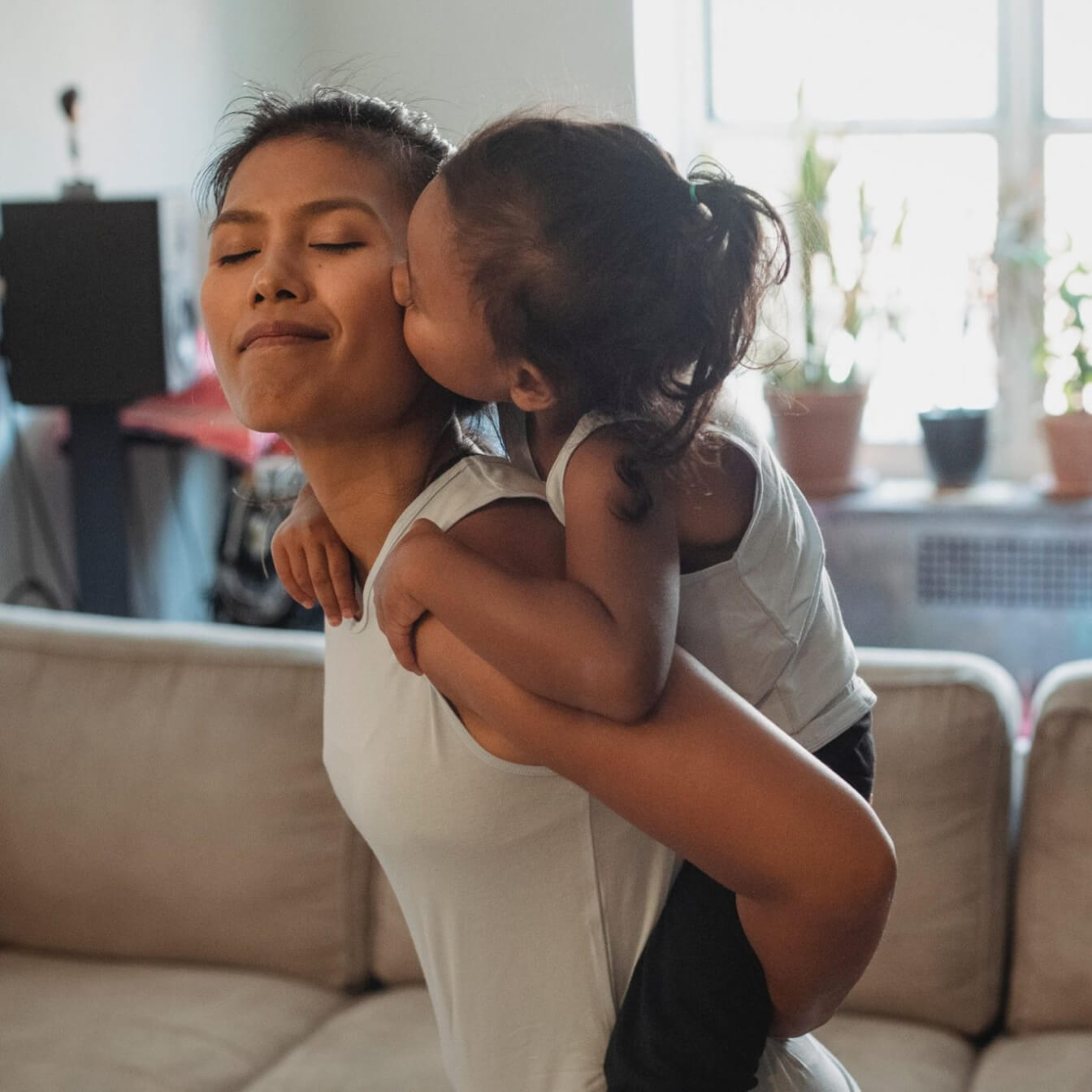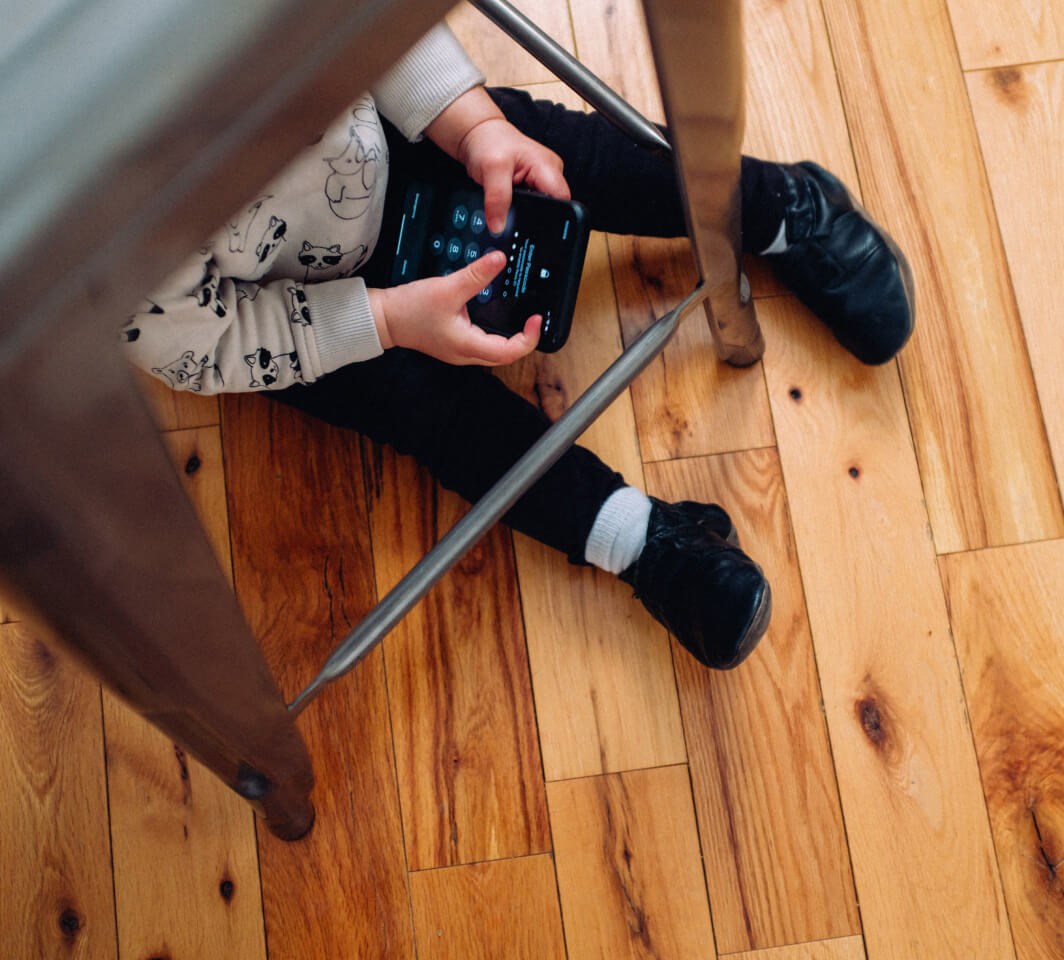Talk to your baby
Talking to your baby is one of the best ways to nurture language. When you do, it stimulates parts of your baby’s brain that are connected to language development. Research conducted by Stanford University professor Anne Fernald5 showed that when mothers constantly talked to their little ones from a very early age, by 24 months, these children had bigger vocabularies and were able to speak more proficiently than children of mothers who were not as engaged. This is because chatting with babies helps them understand and process the rules and cadence of spoken language.
Speak slowly and clearly to your little one so that how your lips move can be observed. Wait for your baby to respond, even if it’s through cute babbling or hand gestures. Remember to also name everything around so that baby learn to associate words and names with what they represent. For example, “Look at the red car!”





